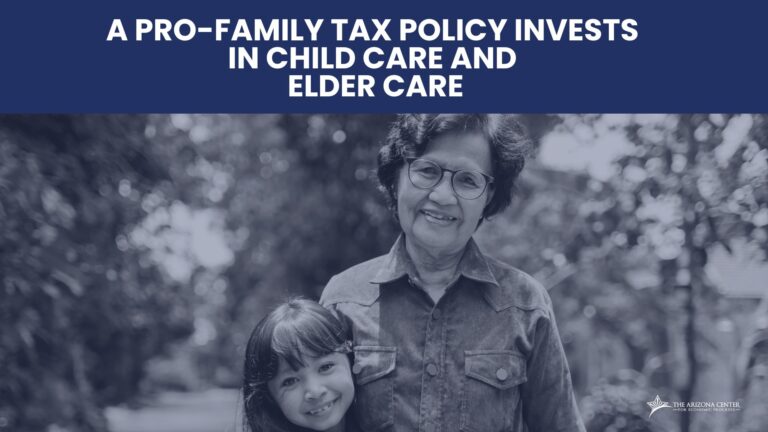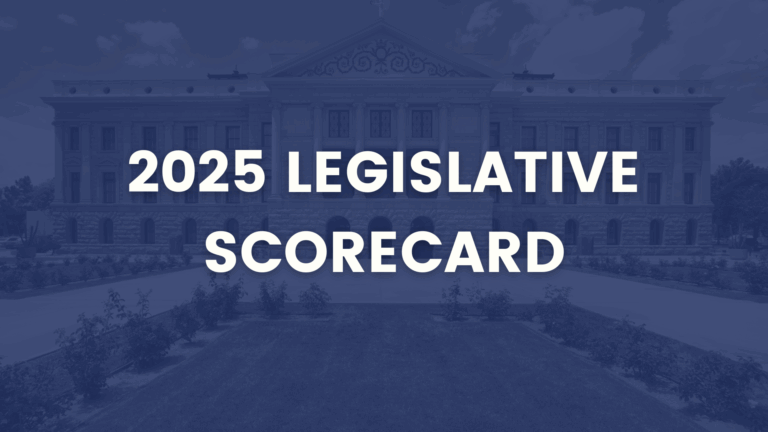
Three Strikers and You're Out
It's that time of year when we see “Strike Everything” amendments (otherwise known as “strikers”) at the state legislature – taking a bill that is still “alive,” gutting its original language, and replacing it with all new content, even if it has nothing to do with the original bill.
Legislators often use strikers to sidestep the normal legislative process to introduce often controversial bills late in the session. Senate Bill 1269 is a perfect example of introducing a new issue through a striker. The original bill would have conformed Arizona’s tax laws to the federal internal revenue code (something that happens nearly every year). Instead, this bill is now a 101-page striker that overhauls how our public schools are funded. While the bill would increase K-12 funding by $251 million overall, the legislative budget office reveals that the proposal creates new winners and losers compared to current funding structure. Additionally, the striker fails to address two significant issues facing Arizona’s schools today: the severe teacher shortage and the increasing impact poverty has on student success.
Testimony during the House Appropriations Committee revealed that teachers, school superintendents, and school funding experts had been left out of meetings to discuss the proposal. While the bill passed out of the Appropriations Committee, Representative Udall commented that the bill would be further refined. That means no additional amendments will be offered in a hearing where education experts and the public can weigh in on this issue but instead would be introduced when the entire House goes to vote on the bill.



